 Unibo online courses for Health and Safety Training for Study and Research Areas
Unibo online courses for Health and Safety Training for Study and Research Areas
Students who intend to take STEM courses are recommended to complete modules 1 and 2 of the Unibo online courses for Health and Safety Training for Study and Research Areas before their arrival in Bologna. The modules are mandatory for attending laboratories that some STEM courses may have. The courses are available in English and can be completed in e-learning.
To access the courses, please visit this link.
Did you know that…
When you think of Italy, your mind probably goes straight to art, literature, music, and the other liberal arts.But did you know that the University of Bologna has 39 world-class science departments, as well as science museums and specialized libraries? The Department of Computer Science and Engineering in Bologna is no exception. It consists of more than 60 professors, 44 PhD Students, 41 Permanent Research Fellows, 7 Temporary Research Fellows, and 18 Technical and Administrative Staff and promotes scientific research in all areas of Computer Science. Continue reading Major in Computer Science?
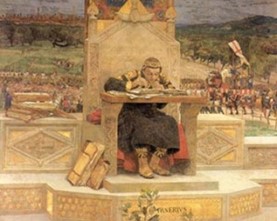
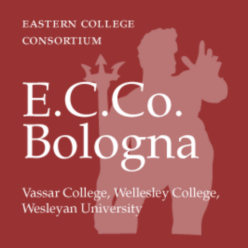


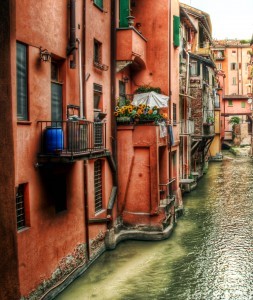
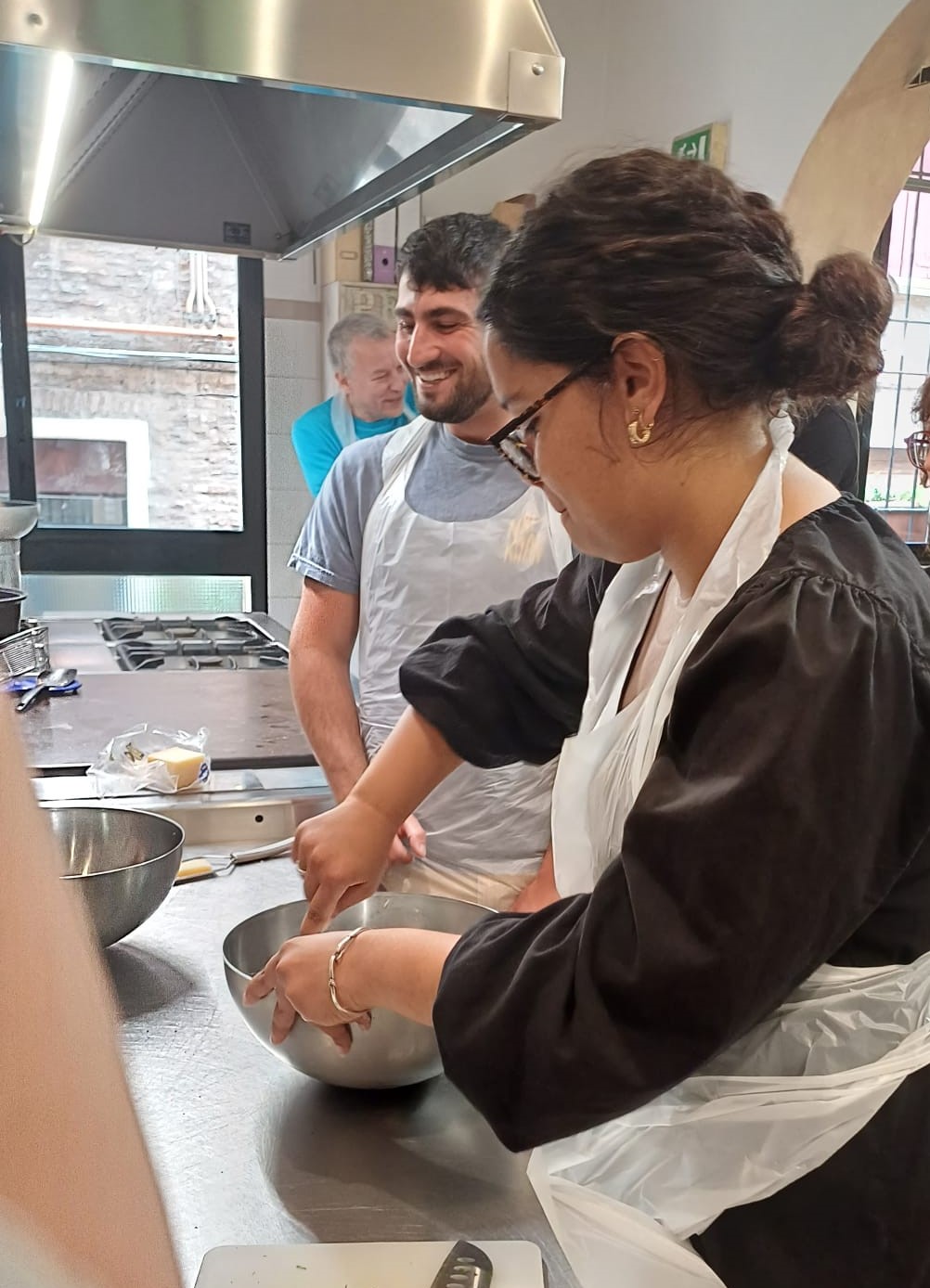 Bologna is renowned for its cuisine. Tortellini, tagliatelle, ragù and many other traditional dishes draw visitors to Bologna from every corner of the world. The E.C.Co. program helps students experience this delicious aspect of the local culture by offering a cooking course.
Bologna is renowned for its cuisine. Tortellini, tagliatelle, ragù and many other traditional dishes draw visitors to Bologna from every corner of the world. The E.C.Co. program helps students experience this delicious aspect of the local culture by offering a cooking course.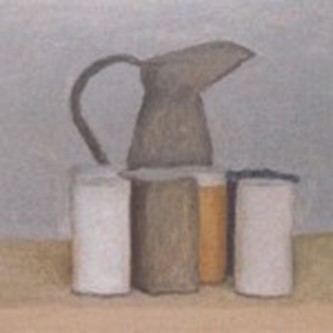

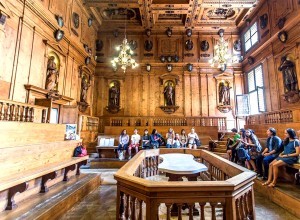
 Are You a STEM Student? UniBo Has the Perfect Course for You!
Are You a STEM Student? UniBo Has the Perfect Course for You!

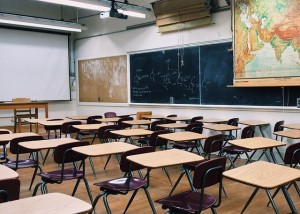

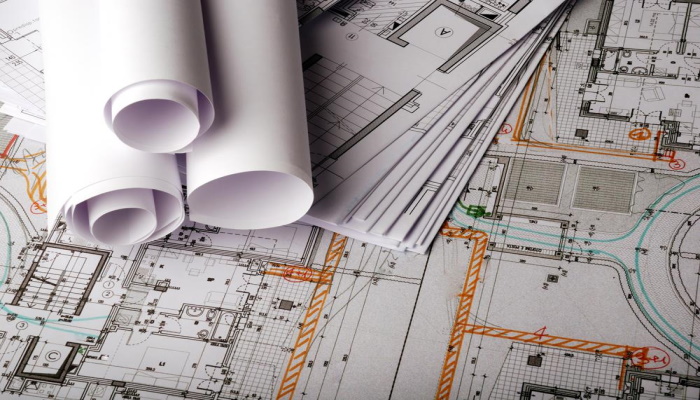
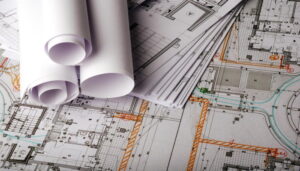 In 1806, the British writer George Tappen wrote in his description of Bologna: “The most remarkable feature in this city are the arcades on which the houses are built. In rainy weather the inhabitants may walk from one end of it to the other without the least annoyance
In 1806, the British writer George Tappen wrote in his description of Bologna: “The most remarkable feature in this city are the arcades on which the houses are built. In rainy weather the inhabitants may walk from one end of it to the other without the least annoyance 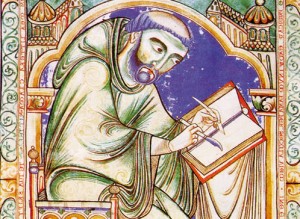
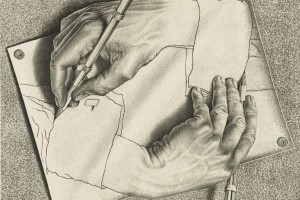
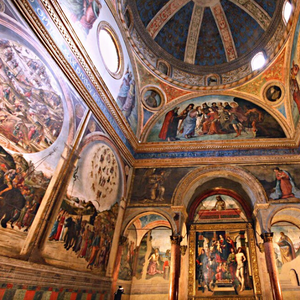
![Cultural and Social Models in Contemporary Italy [History/Human Rights]](https://eccoprogram.it/wp-content/uploads/2023/07/immagine-corso-Ecco-300x169-1.png)
![From Page to Stage and Back Again [Theater and Italian Society]](https://eccoprogram.it/wp-content/uploads/2023/07/teatri-immagini-2-300x212-1.jpg)
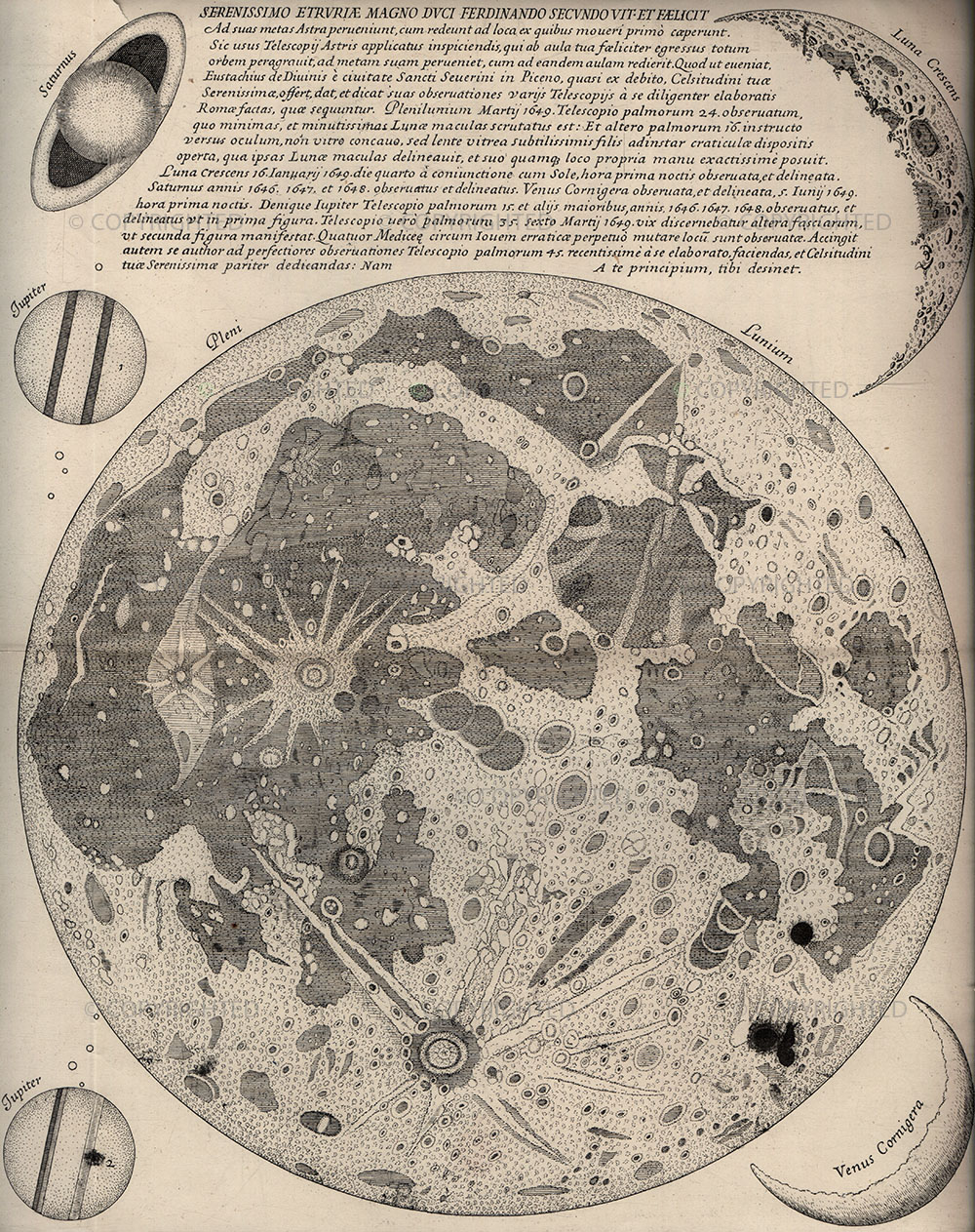
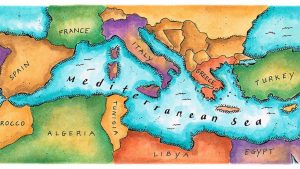
![Modern Italian Art: 1860-2000 [Art History]](https://eccoprogram.it/wp-content/uploads/2023/07/pellizza.jpg)
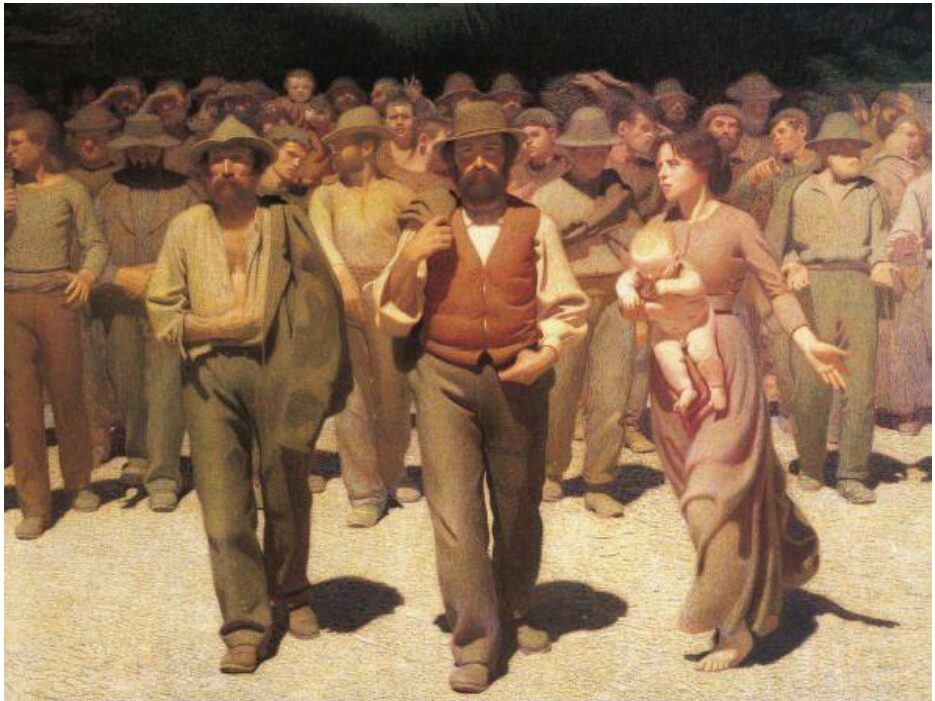
![The Cities of Emilia-Romagna on film [Film Studies]](https://eccoprogram.it/wp-content/uploads/2023/07/Amarcord-300x169-1.jpg)
![The Disobedient, the Abnormal and the Criminal in Italian Literature of the Long Nineteenth Century [Literature]](https://eccoprogram.it/wp-content/uploads/2023/07/816px-Leonardo_da_Vinci_-_RCIN_912495_Recto_A_man_tricked_by_Gypsies-239x300-1.jpg)
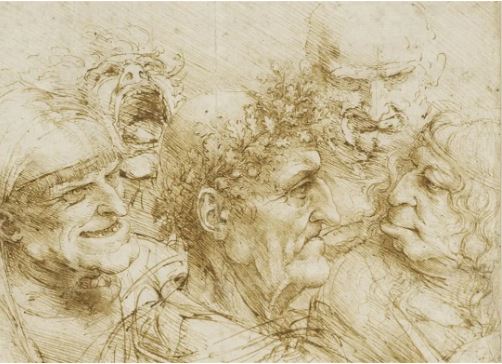
![To Read a City: Urban History of Bologna since the Medieval Period [Urban Studies/History of Architecture]](https://eccoprogram.it/wp-content/uploads/2023/07/torri-300x193-1.jpg)